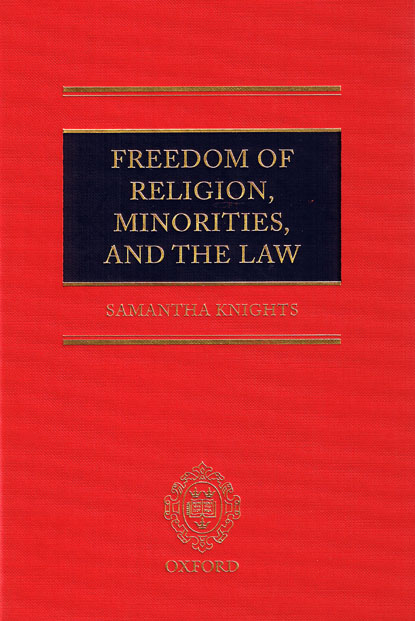We are now closed for the Christmas and New Year period, returning on Monday 5th January 2026. Orders placed during this time will be processed upon our return on 5th January.

Over the past fifty years, England has experienced considerable immigration, and as a result, the population has become increasingly religiously and culturally diverse. This plurality has inevitably raised fundamental questions about the individual and group rights and equality and non-discrimination on the one hand, with tolerance and social cohesion on the other. At a practical level the debates range from the issue of wearing religious clothing in schools to demands for the establishment of additional faith schools, through to requests for employment leave to perform religious rites.
Underpinning the debate is the issue of how the political and legal system should view diversity, and how it should balance the competing interests of the individual or group against those of state or wider society, employer or educational establishment. The demands of religious groups and individuals have for some time been articulated in the public sphere and in the courts. However, the introduction of greater protection for religious minorities in English Law, including the Human Rights Act 1998, the EC Equality Directives, and the Equality Act 2006 have provided important milestones in this area.
This book briefly covers the historical background to issues of religious freedom in England, and analyses the position of religion in the constitution and with regard to the legal framework including the state's obligations under the European Convention on Human Rights. It then deals in more detail with specific areas of legal practice including education, employment, immigration, and public law, examining key case law and analysing current problems. The book combines detailed analysis with a clear assessment of the practical and procedural issues which practitioners face.